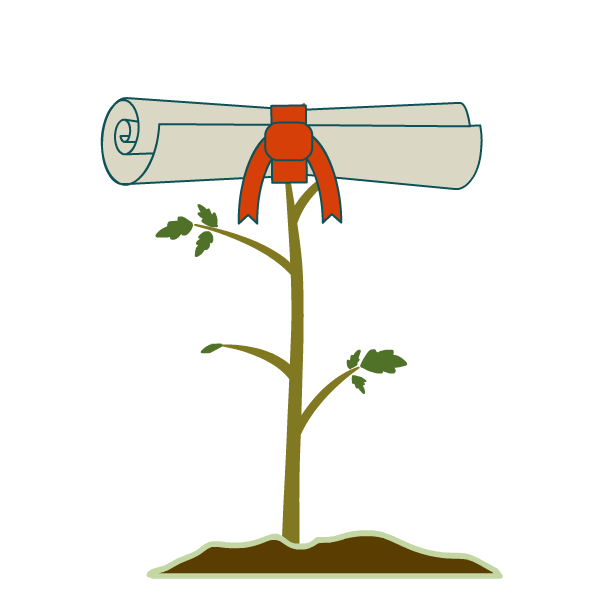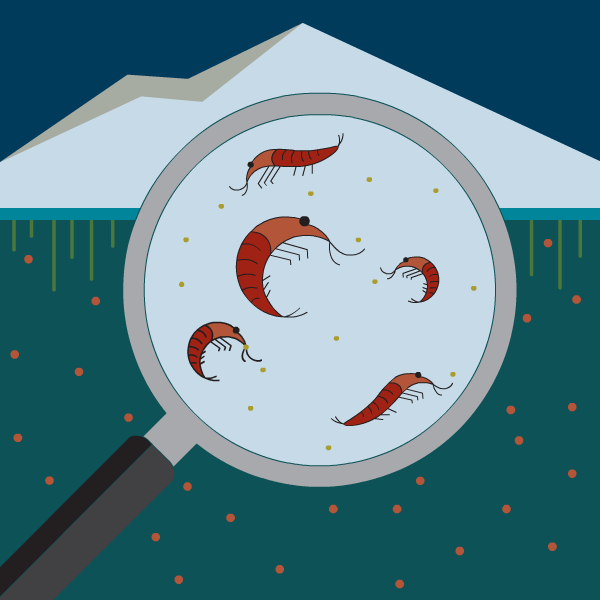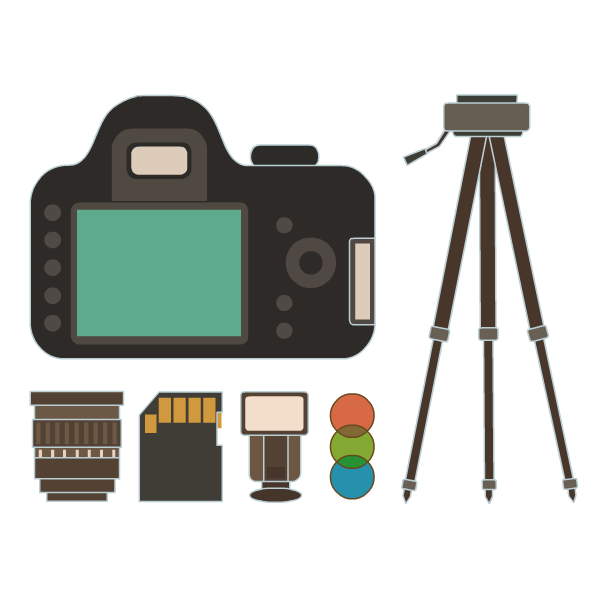His work roams Mars. His journey began at Oregon State.
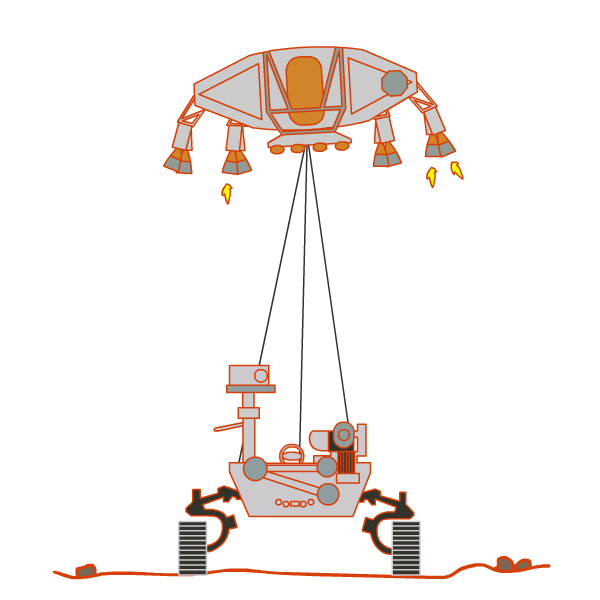
There’s a bit of Beaver Nation on the red planet.
Oregon State alumnus William Allen, ’86, played a key role in the mechanical systems design of NASA’s Mars Perseverance rover, which captured the world’s attention when it recorded video of its own landing in February.
Perseverance is now busy searching for signs of past microbial life and collecting samples for possible return to Earth. The mission, as described by NASA, “provides opportunities to gather knowledge and demonstrate technologies that address the challenges of future human expeditions to Mars.”
Four decades ago, Allen didn’t have his sights set on Mars. But he was determined to get a solid education.
“Oregon State was touted as a good engineering school, and once I stepped foot on that campus, that’s all it took for me,” he says.
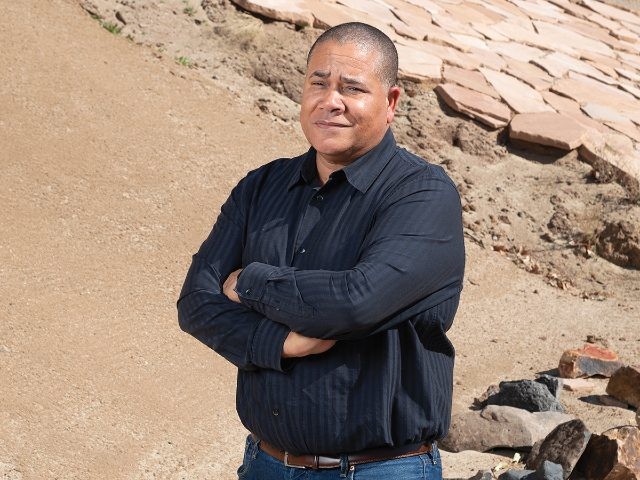
Photo courtesy of NASA.
Allen grew up in West Los Angeles and spent his childhood taking apart and improving every bicycle or other mechanical device his parents gave him. Anticipating college, he realized he had some catching up to do in advanced math.
“I knew if I stayed home in California that would be harder, so a combination of that and wanting to choose a good engineering school were what brought me to Corvallis. I had to grow up really fast both educationally and personally.”
At Oregon State, Allen found exceptional teachers and advisors who saw his potential and helped him apply it. One advisor had connections at Caltech, the California Institute of Technology in Pasadena, which manages the Jet Propulsion Laboratory for NASA. With approval from the College of Engineering, Allen worked at JPL in multiple six-month co-ops between stints back on campus.
Allen started in the mailroom at JPL, but his talent for solving complex problems was quickly discovered.
“Oregon State was giving me the foundation to grow,” he says. “And the work at JPL was giving substance to the theory.”
When Allen graduated with a degree in engineering physics in 1986, he had a full-time job offer waiting for him at JPL. During his 30-plus years as a mechanical design engineer, he has been a key player on several tiger teams — cross-disciplinary groups tasked to find creative solutions for an array of engineering challenges. Project leaders tapped him to work on earlier Mars rovers, which naturally landed him on the Perseverance team.
“Getting a chance to work with such brilliant minds is incredible and motivating,” Allen says. “The problems are unique, and sometimes the solutions need to be unique as well. To be in the mix of those minds and solve those problems is extraordinary.”
“My time at Oregon State was by far the most meaningful five years I’ve ever had, an exceptional experience. And the career at JPL that it helped me prepare for is very rewarding. For the most part, you just put on your work hat and go to work every day, and then events like yesterday happen every so often to remind you that this is kind of cool stuff we do.”
— William Allen, ’86, after the Mars Perseverance landing
This story first appeared in the spring 2021 issue of the Oregon Stater.
Read more about the journeys of Mars Perseverance and William Allen

The Perseverance rover snapped a self-portrait during its first extended drive on Martian soil.
